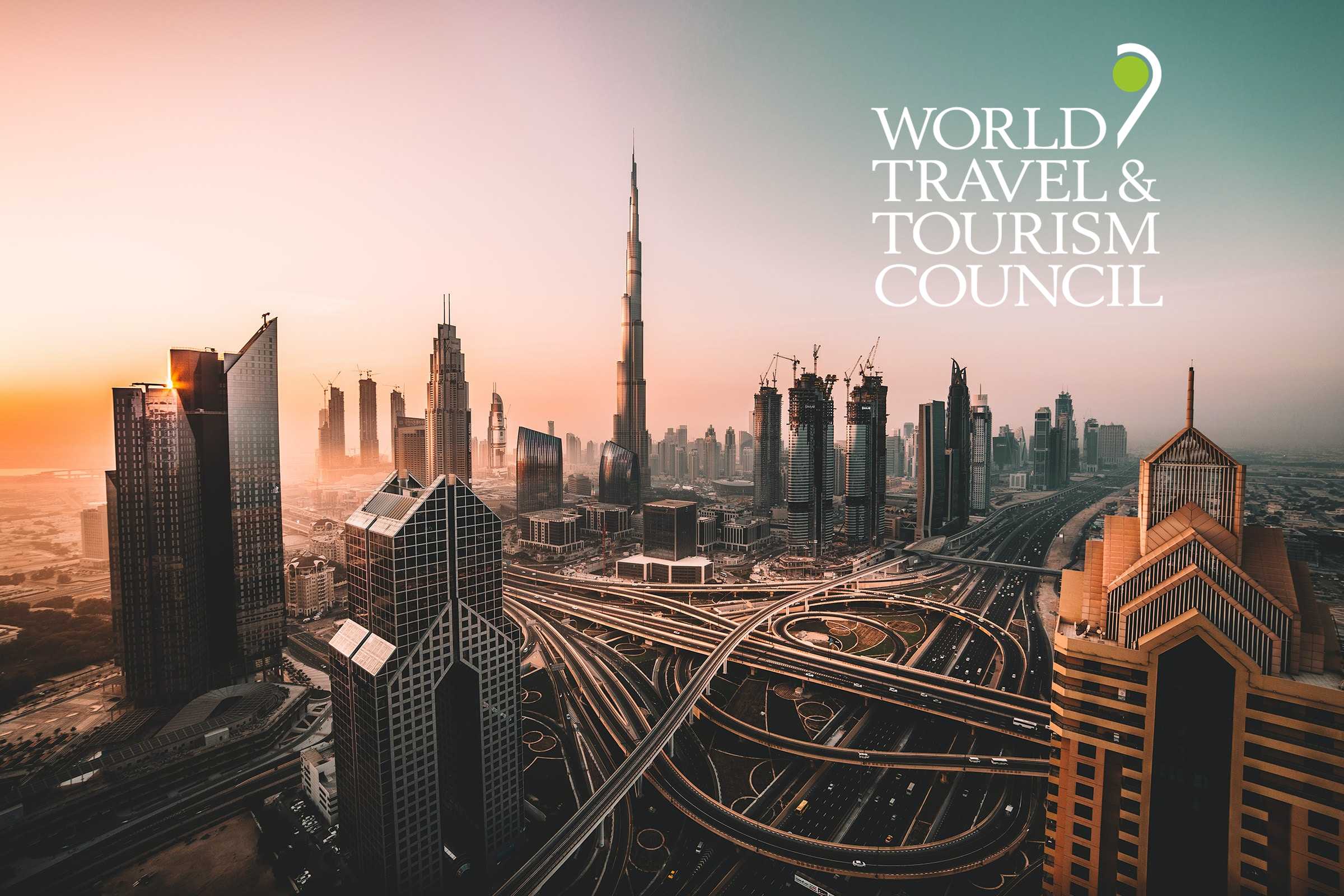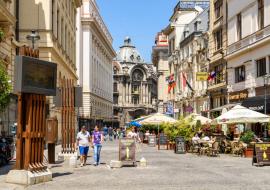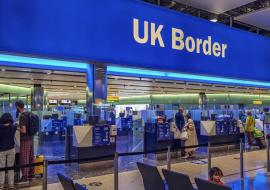Destination 2030: WTTC's Latest Report to Step Up Tourism Growth

The World Travel and Tourism Council (WTTC) and the firm specialized in investment management JLL, presented the report "Destinations 2030: Global cities in preparation for the growth of sustainable tourism", which seeks to prepare the destinations for the growth process of travel and tourism.
Until before the pandemic, the travel and tourism sector had been a major driver of the global economy for nearly a decade, averaging 4.3 percent annual growth compared to 2.9 percent through 2019, and contributing almost $9.2 trillion to the world economy in the same year.
After the disruption caused by the pandemic, the global travel and tourism sector is finally seeing signs of recovery. As the sector continues to evolve, the disruption to international travel not only provided new challenges, but also the opportunity for politicians, destination leaders and stakeholders to improve sector preparedness.
Known as “Destination 2030”, the report addresses what makes a city ready for sustainable travel and tourism. 63 global cities were analyzed and classified into one of five readiness levels, while providing solutions to promote the sustainable growth of tourism activity.
Julia Simpson, President and CEO of the WTTC, said: “Travel and tourism plays an important role in a city's economy, not only boosting GDP, but also creating jobs and improving the livelihoods of those who depend on our sector. . For a city to truly thrive and for travel and tourism to develop sustainably, stakeholders need to understand how prepared the city is for the expected growth in tourism, and the resulting challenges and opportunities that lie ahead.”
Gilda Pérez-Alvarado, Global CEO of JLL Hotels & Hospitality, explained that “the notion of preparation has a ripple effect throughout the hospitality industry; the planning achieved by a destination will impact the financial health of the industries that make up the sector. This includes property values, tax generation and workforce development.”
“The research underscores the importance and breadth of commitment that is needed from the tourism industry, with a leadership role in the indicators,” added Dan Fenton, Director of Global Tourism Services and Destination Development, JLL Hotels & Hospitality.
According to the report, readiness levels vary in scale, from emerging resorts to established market resorts with different levels:
Emerging Developers, such as New Delhi and Riyadh, are cities with emerging tourism infrastructure, slower tourism growth, and lower visitor concentration. Such destinations often have a clean slate of long-term tourism development planning with many opportunities.
Emerging tourism infrastructure in cities such as Dubrovnik and Buenos Aires are cities that are experiencing a growing tourism drive. However, destinations in this category may experience pressures and challenges such as overcrowding.
Balanced dynamics, such as Auckland and Vancouver, are cities that have established tourism infrastructure and potential for further growth in travel and tourism, both in the leisure and business segments, and balance scale and concentration.
Sensible performance, like Miami, Berlin, and Hong Kong, are cities with strong leisure and business travel dynamics, and an established tourism infrastructure. As they seek to further fuel travel and tourism growth, they will need to proactively consider potential pressures as well as diversification opportunities to avoid strains related to visitor volumes.
Historical momentum management such as Amsterdam, London and Las Vegas, which are high-growth cities, supported by an established tourism infrastructure. They are more likely than “mature artists” to have reached the stage of feeling the pressures of balancing scale and focus as they continue to benefit from travel and tourism.
The categories were determined by analyzing data on 79 indicators, in addition to the pillars included in the previous report: scale, concentration, leisure, business and urban readiness; and two new pillars were added: environmental preparedness and safety and security.
The pandemic has shown the pressing need for a holistic view when approaching destination planning and management. The importance of cities as engines of success cannot be underestimated, making it a priority to recommit to the future of destinations. The “Destination 2030” report is available on the WTTC website.














